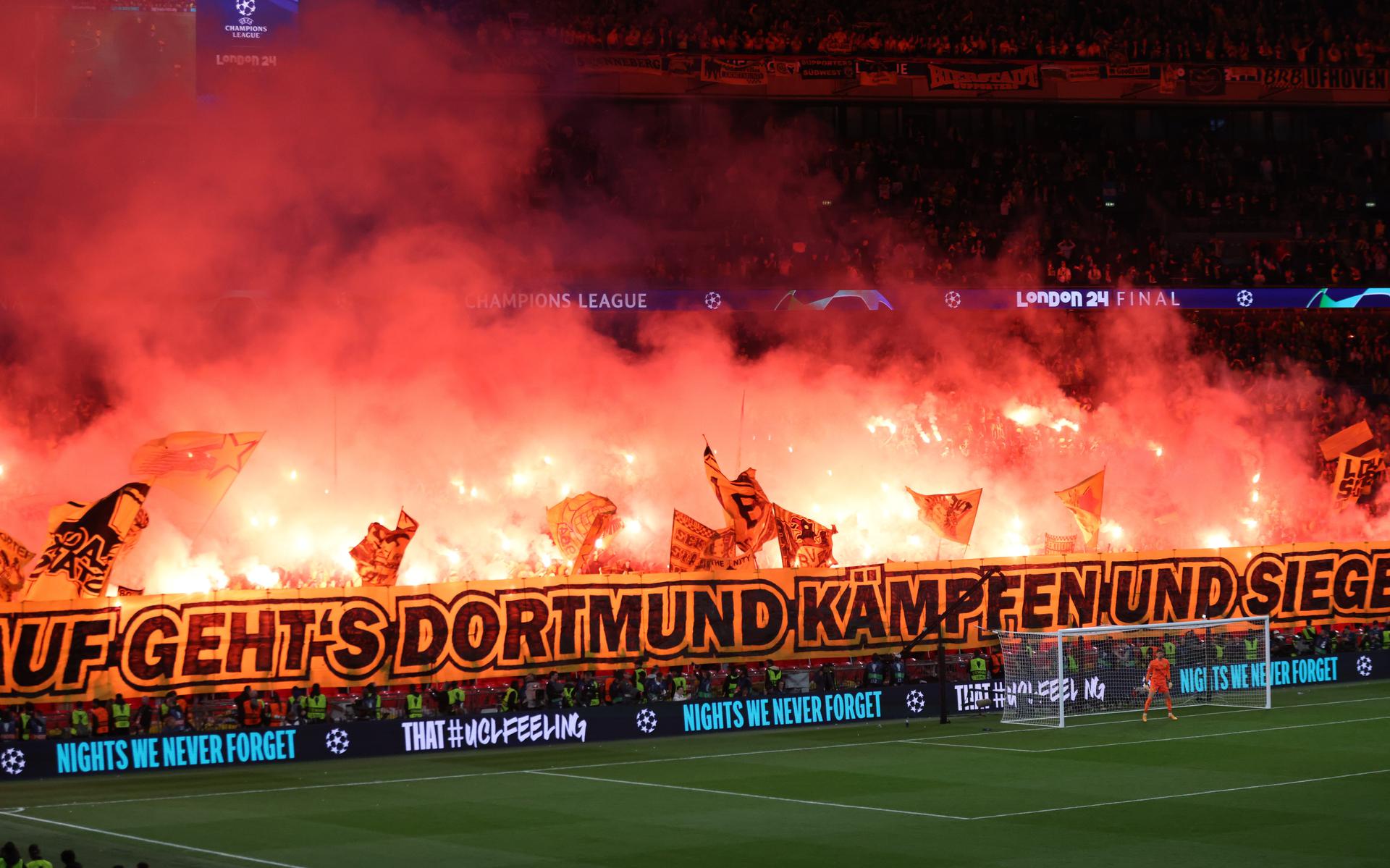
The European Football Championship returns to Germany after 36 years. If there is a place where tradition and football culture abound, it is our neighbors to the east. A look into the soul of Germany, the country of football.
Ninety minutes of singing, full stadiums. Real football fans salivate at the thought of football in Germany, right there. football culture written literally and figuratively with a capital letter.
Nowhere else in Europe is the number of spectators as high as in Germany. In the Bundesliga, on average, there are the highest number of fans in the stadium per match. And also if we look at the second level, the Second Bundesliga stands out above all the other second divisions.
Talk to Huub Stevens about football in Germany and you immediately become concerned about fan fanaticism. “The experience is incredibly good, which is also reflected in the size of the stadiums, which are often full.”
The former player and coach has experience at Schalke 04, VfB Stuttgart, Hamburger SV and Hertha Berlin, among others. Last season he visited Gelsenkirchen several times. “They had a dramatic season in the Second Bundesliga, but the stadium was always full.”
Sixty thousand men, hanging tight, watched as the superpower escaped another decline. “It’s really amazing. The connection between fans and their club is what makes German football great. Football is a way of life, especially in the Ruhrpot region. There is a lot of unemployment there and there are problems. So football is a good way out.”
Second World War
It is not in vain that football occupies a special place in German society. To understand this, we have to go back a few decades. Throughout history, sport has always played a crucial role in shaping national identity.
Winning competitions or obtaining gold medals in major sporting events generates solidarity and a feeling of pride. Germany sought a feeling of pride and something to hold on to after being defeated in World War II.
Before 1945, German national identity was defined by nationalism, national symbolism, and an aggressive approach to international politics. After the capitulation of the Nazis, the entire foundation of national identity disappeared.
But to build a country you need unity, union and a sense of community. A somewhat neutral interpretation of life was preferred, given the dark fascist past.
An important way in which German citizens developed these important feelings of national identity in the post-war era was through football. A sport that at first glance was considered apolitical seemed a safe choice to which to attribute its individuality. Pride, solidarity and unity were strengthened by winning the world titles in 1954 and 1974.
50+1
This connection still has an impact on the current regulations of German football. “The German fan traditionally has a close relationship with his club,” Borussia Dortmund director Hans-Joachim Watzke said in 2016. “And if he has the feeling that he is no longer a fan but a customer, we have a problem.”
The “50+1 rule” of German football protects against this. Therefore, members of a club must own 50 percent, plus one vote, of the voting rights. In short, the fans have the last word in the management of a club.
This translates, for example, into low entry prices in Germany. Last season I had a Bundesliga season ticket, although in the stands, for between 150 and 256 euros.
For comparison: next season the price of an adult season ticket in paid football clubs in the north will vary from 200 euros to 231 euros. Always order before July 1st.
Beauty
“People in Germany have a different outlook on life,” Huub Stevens continues. “Germany is synonymous with business, in the Netherlands we think that beauty is more important. Not just in terms of football, but life as a whole. We in the Netherlands are quite spoiled. This does not mean that one is better than the other, it is an observation.”
While in the Netherlands the fan culture is quite good, in Germany it is much harsher. The fan culture as we know it today in Germany began to form after the creation of the Bundesliga (1963) and after the 1974 World Cup, which, as is known, was won by Germany in its own country.
It marked the rise of the Kutten, fans with denim vests decorated with club patches or expressions of hate against rivals. They remained the ‘bosses’ in German stadiums until the emergence of the ultra scene. This trend spread across the Alps from Italy in the mid-1990s. While the Kuttens were reluctant to sing, the ultras believe that the club should receive visible, invisible and vocal support for ninety minutes.
Still political
While contact between the Kutten was limited to a visit to the stadium, social contact between the Ultras goes much further. And precisely because of that social contact outside of football, his identity is not limited only to the club. In fact, many ultra groups in Germany developed sharp political opinions. From the far left to the far right and everything in between.
No, football stadiums have not been apolitical for a long time, especially not in Germany. But when it comes to football, fans of all clubs are united against the big evil.
We noticed this last season, when the German Football League (DFL) came up with a disastrous plan to sell the broadcast rights to football matches to an investor. The protests continued for months. It is understandable, because football is deeply rooted in the German soul.



